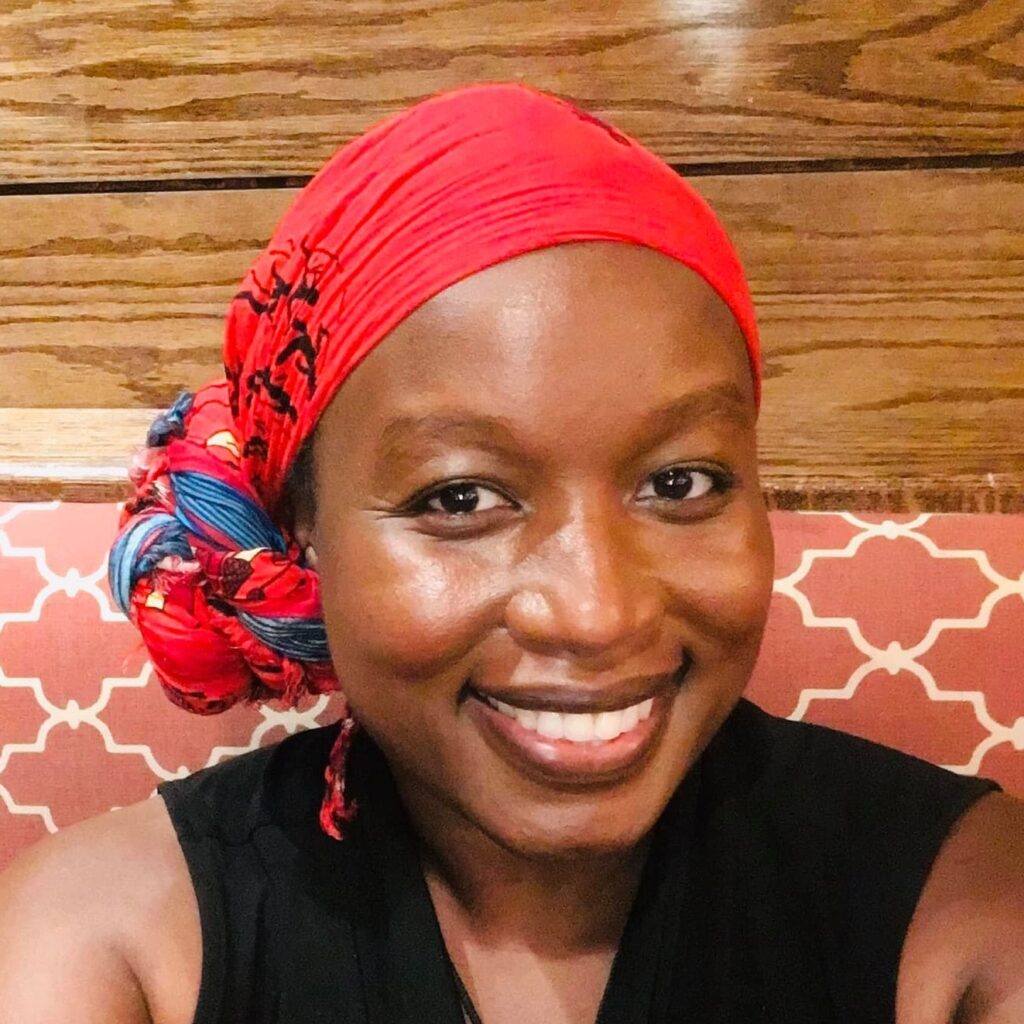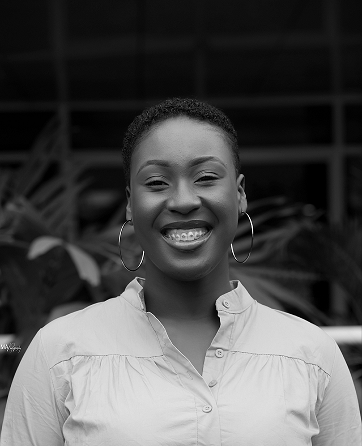The Ugandan writer Arao Ameny has won The Southern Review‘s James Olney Award for her poem “Home Is a Woman,” from the literary journal’s spring 2020 issue. The $500 James Olney Award is presented “for an exceptional work that appeared in the previous volume year,” the journal said in the announcement.
Arao Ameny’s “Home Is a Woman,” which she describes as “highlighting the importance of foremothers and women’s land rights in Uganda,” is also her first and only published poem.
“I’m overjoyed,” she told Open Country Mag. “I never imagined that the first piece of work I put out there into the world would yield an award. I thank editors Jessica Faust and Sacha Idell for this honor and recognition. I’m motivated more than ever to finish up my poetry manuscript and put it into the world!”
Arao Ameny is from Lira, in the Lango region of northern Uganda. She has an MFA in Creative Writing from the University of Baltimore, an MA in Journalism from Indiana University, and a BSc in Political Science from the University of Indianapolis. She is an alumna of the Tin House Workshop (fiction), a winner of the 2021 Brooklyn Poetry Fellowship, and will be attending the Kenyon Review Writers Workshop (poetry) in Summer 2021.
Ameny writes about immigrants, the diaspora, migration, rootlessness, displacement, transition, belonging, and the search for home. She is based in Maryland, USA.
She is currently working on a fiction manuscript, a collection of short stories, called Malakwang.
Read “Home Is a Woman.”





